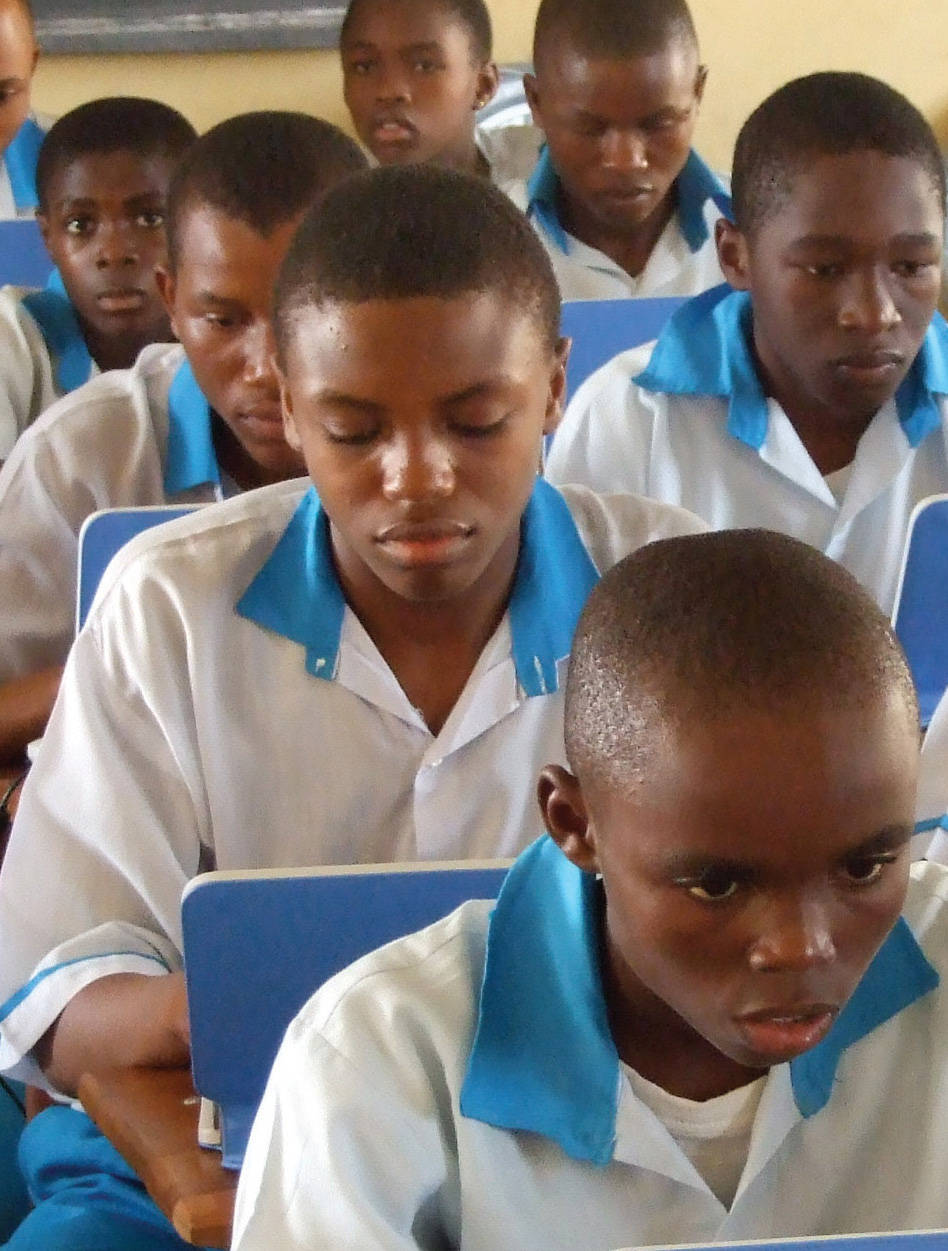Introduction
CHAPTER TWENTY TWO
The End of Empire
The Global South on the Global Stage
1914–Present

“During my lifetime I have dedicated myself to this struggle of the African people. I have fought against white domination, and I have fought against black domination. I have cherished the ideal of a democratic and free society in which all persons live together in harmony and with equal opportunity. It is an ideal which I hope to live for and to achieve. But, if need be, it is an ideal for which I am prepared to die.”1
Nelson Mandela, South Africa’s nationalist leader, first uttered these words in 1964 at his trial for treason, sabotage, and conspiracy to overthrow the apartheid government of his country. Convicted of those charges, he spent the next twenty-seven years in prison, sometimes working at hard labor in a stone quarry. Often the floor was his bed, and a bucket was his toilet. For many years, he was allowed one visitor a year for thirty minutes and permitted to write and receive one letter every six months. When he was finally released from prison in 1990 under growing domestic and international pressure, he concluded his first speech as a free person with the words originally spoken at his trial. Four years later, in 1994, South Africa held its first election in which blacks and whites alike were able to vote. The outcome of that election made Mandela the country’s first black African president, and it linked South Africa to dozens of other countries all across Africa and Asia that had thrown off European rule or the control of white settlers during the second half of the twentieth century.
VARIOUSLY CALLED THE STRUGGLE FOR INDEPENDENCE OR DECOLONIZATION, that process carried an immense significance for the history of the twentieth century. It marked a dramatic change in the world’s political architecture, as nation-states triumphed over the empires that had structured much of the world’s political life in the nineteenth and early twentieth centuries. It mobilized millions of people, thrusting them into political activity and sometimes into violence and warfare. Decolonization signaled the declining legitimacy of both empire and race as a credible basis for political or social life. It promised not only national freedom but also personal dignity, abundance, and opportunity.
SEEKING THE MAIN POINT
In what ways did the experience of the “global south” during the past century register on the larger stage of world history?
What followed in the decades after independence was equally significant. Political, economic, and cultural experiments proliferated across these newly independent nations, which faced enormous challenges: the legacies of empire; their own deep divisions of language, ethnicity, religion, and class; their rapidly growing numbers; the competing demands of the capitalist West and the communist East; the difficult tasks of simultaneously building modern economies, stable politics, and coherent nations; and all of this in a world still shaped by the powerful economies and armies of the wealthy, already industrialized nations. The emergence of these new nations onto the world stage as independent and assertive actors has been a distinguishing feature of world history in this most recent century.
A Map of Time
| 1915 | Gandhi returns to India from South Africa |
| 1923–1938 | Turkey’s secular modernization initiated under Kemal Ataturk |
| 1928 | Muslim Brotherhood established in Egypt |
| 1947 | Independence of India/Pakistan |
| 1948 | Establishment of state of Israel; apartheid formally established in South Africa |
| 1949 | Independence of Indonesia; communist victory in China |
| 1955 | Bandung Conference of nonaligned nations |
| 1957–1975 | Independence of African countries |
| 1959 | Cuban revolution |
| 1960–1970s | Wave of military coups in Africa and Latin America |
| 1967 | Six-day Arab/Israeli war |
| 1973 | OPEC oil embargo |
| 1979 | Revolution in Iran |
| 1980s–1990s | Growth of democratic movements and governments in Africa and Latin America |
| 1994 | End of apartheid in South Africa; genocide in Rwanda |
| 2011 | Arab Spring in the Middle East |